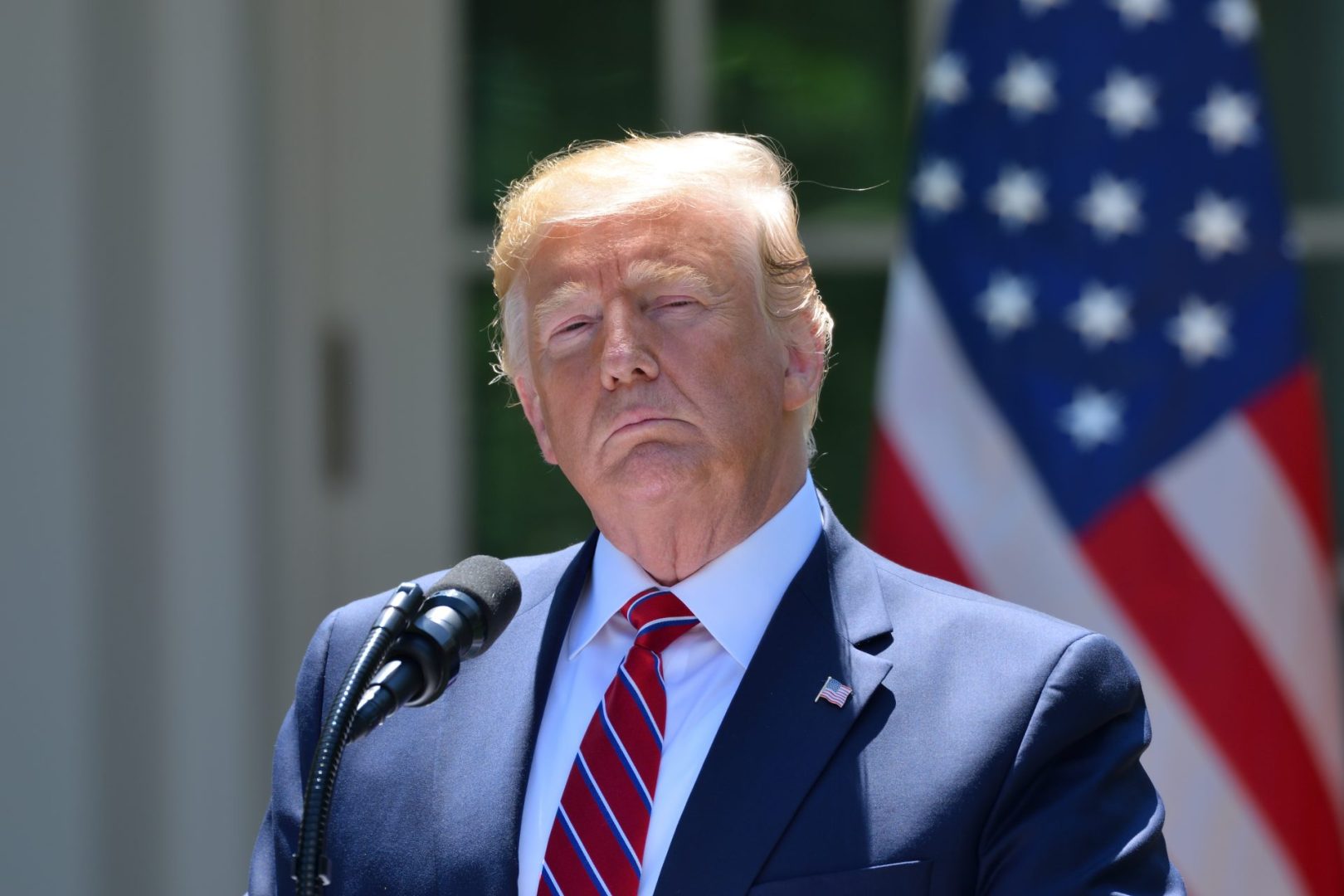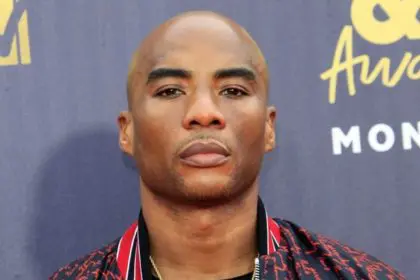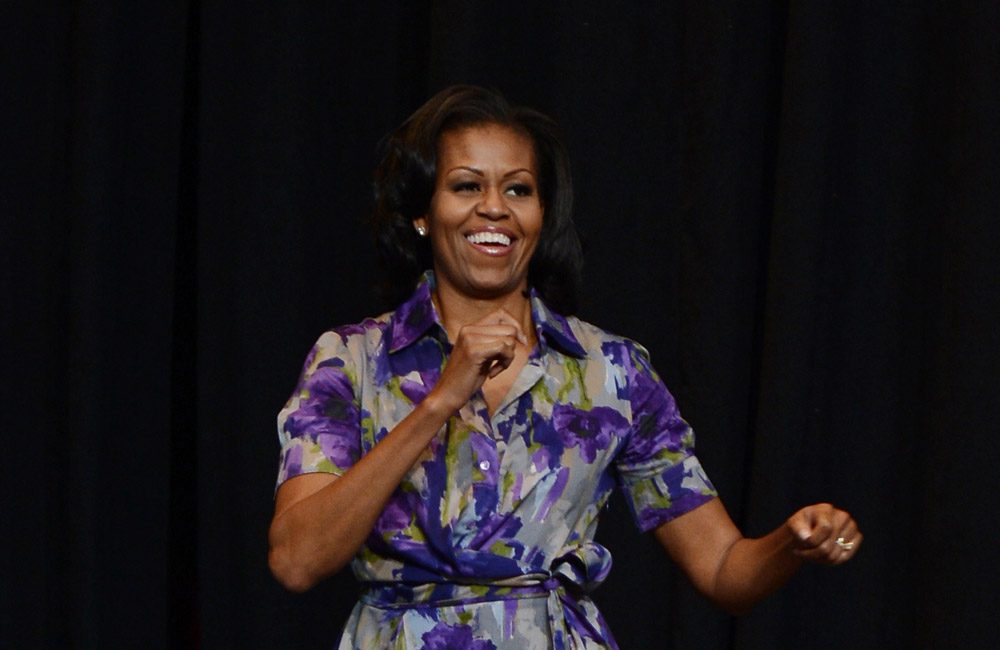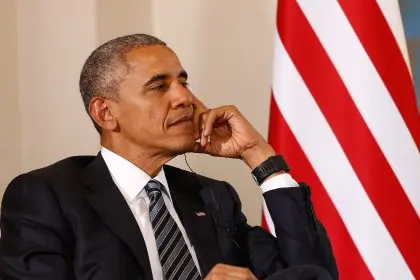A recent House Democrats’ report has ignited controversy, alleging former President Donald Trump overcharged Secret Service agents for accommodations at his Washington hotel during his presidency. This investigation, part of a broader inquiry into Trump’s financial dealings while in office, suggests he exploited his position for personal gain at taxpayers’ expense.
Key Findings:
– The Trump Corporation allegedly charged the Secret Service exorbitant rates, sometimes up to 300% more than the government-approved per diem rate.
– On Nov. 28, 2017, the Secret Service paid $600 for rooms protecting Trump’s son, Eric, and his wife, Lara, while other guests paid significantly less.
– High-ranking officials, including eight U.S. ambassadors and several federal judges, stayed at Trump’s hotel during the investigated period.
– Kelly Craft, former U.S. ambassador to Canada and the UN, booked rooms totaling nearly $30,000 over 20 nights.
Additional Instances of Alleged Shady Practices:
1. Trump University Lawsuit: In 2016, Trump settled a $25 million lawsuit alleging fraud in his defunct Trump University. Students claimed they were misled by false promises of real estate secrets and mentor programs. The settlement included no admission of wrongdoing but compensated thousands of former students.
2. Trump Foundation Dissolution: In 2018, the New York Attorney General’s office filed a lawsuit against the Trump Foundation, alleging “extensive unlawful political coordination” with Trump’s 2016 presidential campaign. The foundation was dissolved in 2019, with Trump ordered to pay $2 million in damages for misusing charitable funds for personal and political purposes.
3. Inflated Asset Valuations: In 2022, New York Attorney General Letitia James filed a $250 million lawsuit against Trump, his company, and three of his children. The suit alleges they grossly inflated the value of Trump’s assets on financial statements to obtain loans and tax benefits. This ongoing case accuses Trump of engaging in years of financial fraud.
Constitutional Concerns:
Democratic investigators argue these payments violate the emoluments clause of the U.S. Constitution, which prohibits presidents from receiving compensation from foreign or domestic governments beyond their official salary. The report estimates the Trump Corporation received approximately $300,000 in payments during the 11-month investigation period.
Political Reactions:
– Trump’s campaign has not responded to the findings.
– Republicans have dismissed the investigation as politically motivated.
– Democrats view the report as critical insight into how Trump allegedly used his presidency for self-enrichment.
The report calls for Congress to establish stricter legislation addressing such ethical breaches in the future. As the investigation continues, it emphasizes the need for accountability in government officials’ financial dealings and safeguards against corruption.
This controversy underscores ongoing debates about ethical standards in public office and the potential for conflicts of interest at the highest levels of government. The findings could have far-reaching implications for how future administrations conduct business and manage potential conflicts of interest.
















